A few years ago I was at a party with some acquaintances when the lively discussion turned political. I have always enjoyed a good natured debate, and many topics were covered with enthusiasm, the drinks flowing. As the evening got later an LGBT issue was brought up. I can’t remember exactly what it was about, but one of the men I was with, a young bisexual who was a student, gestured at me, “We have two queer people here!”
I had consumed a fair few drinks by this point, and quickly retorted that I find the word queer offensive, which became the next topic. A friend my age (millennial) overheard and asked, “Isn’t queer an insult, it was when I was at school?”
This has become quite a contentious question since then. Is queer an insult?
I very much dislike the word. Firstly due to its historic connotations as a slur, and secondly, the word’s meaning. For a group where a large part of the activism has centred on normalisation, the idea of labelling ourselves as odd, weird and unusual didn’t seem a great strategy.
I was curious to see how others felt, and posted the question on my local LGBT forum, which at the time had an active membership. I had at least forty responses and there was an interesting split between ages, generally late 20s and above hating the word, and believing it to a be a slur. This was especially prevalent among older gay men. But what was especially notable was the group that liked and ‘identified’ with the label queer had a particular political learning. They were the people that embraced the extra letters being added to LGBTQIA+. To them, queer represented inclusivity, in a way the terms gay, lesbian, and bisexual did not.
Taking it offline I later discussed it with a gay Conservative in his late 40s from the pub. His response was unequivocal. Not only was it a slur, but the most offensive insult from when he was younger. Nothing was worse than being called queer and he utterly detests it.
Now, on an individual level, people can call themselves what they like, such are the benefits of living in a free society. But there has been a shift over the last few years. Queer was becoming mainstream. The acronym LGBTQ is now seen more often than not. Queer is being used on large radio stations, in the media, and on television. It seems to be completely taken for granted that not only has the term been completely reclaimed, but it’s a free for all. Anyone can now use it to describe the collective. The queer community.
And lesbians and gay men were not asked. A slur can only be reclaimed at the consent of the target, and large numbers do not consent.
Its usage was also expanding, and so were the political connotations. Gender queer, queer spaces, expressing your queerness. No one could define what queer actually means, but it’s now a word that could be used by heterosexuals, and they too were part of the queer community, an ever expanding rainbow of letters and identities, shifting further away from the original group the activism was for, and the targets of the slur itself. Lobby groups and charities were quick to embrace the word and the liberal inclusive queer community, and their particular brand of activism which centred on identity above all else.
And lesbians and gay men were not asked. A slur can only be reclaimed at the consent of the target, and large numbers do not consent.
Then, Sadiq Khan, the Mayor of London tweeted about ‘queerphobia’. Queer had been legitimised, publicised, and tweeted proudly for the world to see. Anger followed. Homosexuals and bisexuals tweeted that queer is a slur, does not represent them, has no definition, and is offensive.
Queer has become a political term, embraced for political reasons. Those who often have very loud voices and powerful lobby groups to support them seem to be speaking for everyone. This is not acceptable. No other slur would be used by anyone other than the reclaimers, those who are same sex attracted, and in this instance it hasn’t been reclaimed. Even if half of a group find it offensive (and a recent poll showed at least 90% of gay men do), it should not be used by the Mayor of London.
Growing numbers of us do not want to be associated with the modern queer agenda and its increasingly radical and regressive activism, which it is pushing with aggressive force.
It’s time there was a clear separation between ‘political queers’, and homosexuals and bisexuals, who just want to live our lives, not express and celebrate our ‘queerness’ and have our sexual orientation as central to our politics.
It’s time to stop using an offensive slur to describe us all. It’s time to get the Q out!
Photo: Queer by William Burroughs, Viking Press.




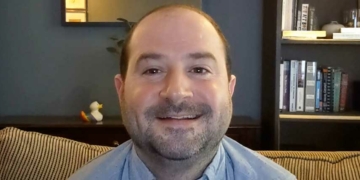
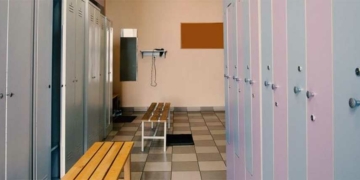
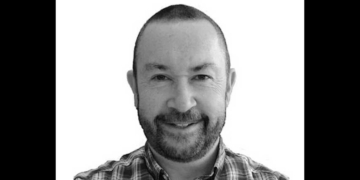
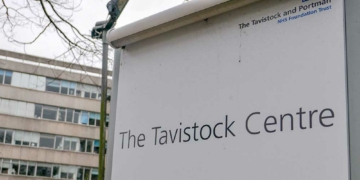








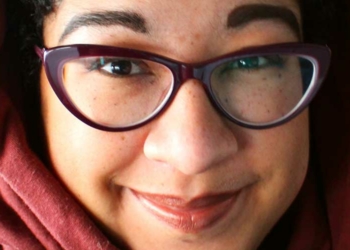
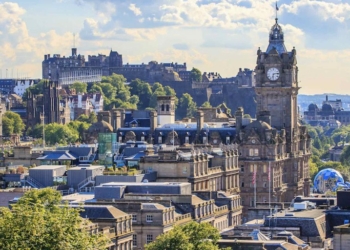
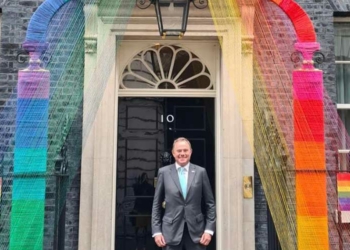





Saying that you prefer "queer" to "Gay and Lesbian" is giving a middle finger to the Gay Liberation generation. That generation enabled us to leave behind demeaning self-concepts. Before that generation came along, we thought of ourselves as "queers", and we internalized the negative baggage that term carries. We called ourselves "queer" because that's what our oppressors called us; despite what some historical revisionists claim, it was not our invention. We didn't know any better! Once we did know, we embraced new names to take with us as we left our closets and stepped into the sunlight. "Queer" will always be attached to the shadowy, ignorant, stigmatized existence of the past.
I hate the word and consider it an insult. I feel sad when young lesbians choose to call themselves gay or queer, anything but lesbian, because to them that word has either pornographic or frumpy connotations. It's not cool to be a woman who is exclusively attracted to other biological women, and they have never experienced the freedom of being in an exclusively lesbian group, so they haven't got a clue what they are missing.
I hate the word and the political agenda one is assumed to subscribe too because of choice of bed partner.